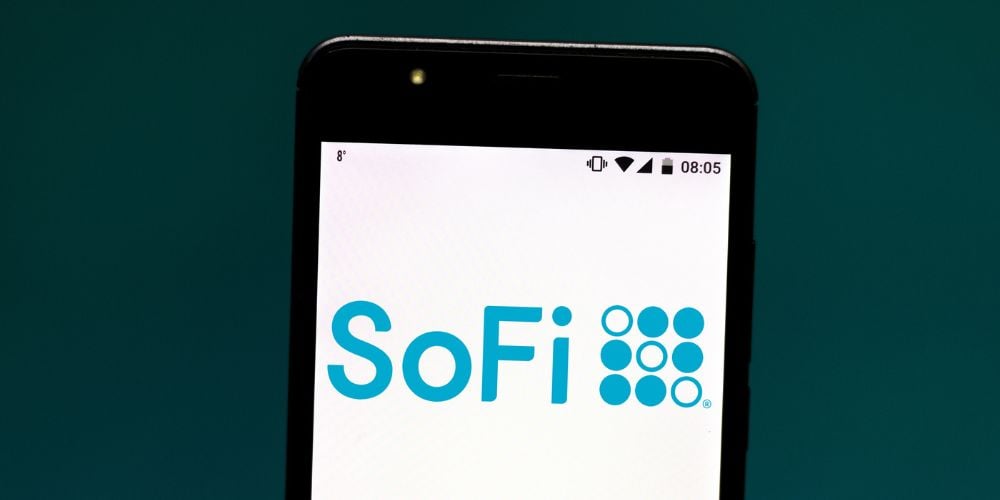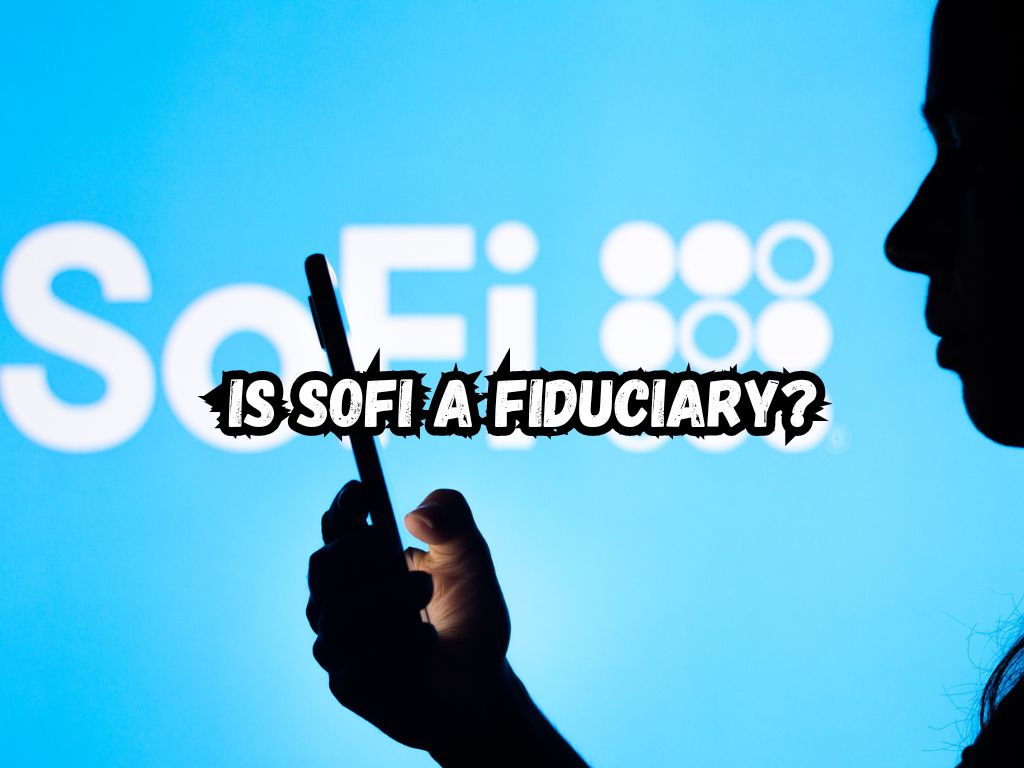When it comes to managing your finances, it is essential to find the right financial advisor who can help you achieve your goals while putting your interests first. One aspect of financial advising that is widely discussed is fiduciary duty.
So, the question arises: is SoFi a Fiduciary?
In this article, we will explore SoFi’s obligations and practices as a financial advisor and evaluate whether they can be deemed a fiduciary.
In a nutshell, fiduciary duty refers to a legal obligation that fiduciary financial advisors have to act in the best interest of their clients.
This means that they must provide suitable advice and avoid any conflicts of interest that might lead them to recommend investments that are not aligned with the client’s goals.
Understanding Fiduciary Duty
Before delving into whether SoFi is a fiduciary, it’s important to understand what fiduciary duty entails. Fiduciary financial advisors are held to a higher standard because of their legal obligation to prioritize the clients’ interests.
This involves avoiding conflicts of interest, recommending suitable investments, and being transparent about fees.
Many investors prefer working with fiduciary advisors because they can be certain that their advisor is recommending investments that are not only aligned with their goals but also are in their best interest overall.

Is SoFi a Fiduciary? SoFi and Fiduciary Status
SoFi is an online financial company that provides a wide range of financial products and services, including loans, credit cards, investing, and savings accounts. They claim to prioritize the clients’ interests and act as a fiduciary, but is that really the case?
As of 2021, SoFi states on their website that “SoFi Invest advisors are legally required to act in your best interest.”
Examining SoFi’s Business Model
SoFi’s Investment Options: Managed Portfolios, ETFs, and Individual Stocks
SoFi offers a range of investment options, including managed portfolios, ETFs, and individual stocks. This allows investors to choose the option that best aligns with their investment goals and risk tolerance.
Managed portfolios provide a hands-off approach, with SoFi’s algorithm making investment decisions on behalf of the investor. ETFs offer diversification through a portfolio of securities, while individual stocks allow investors to select specific companies to invest in.
Marketed as a Low-Cost Alternative to Traditional Financial Advisory Services
SoFi positions its investment platform as a low-cost alternative to traditional financial advisory services. By eliminating the traditional advisor fees, SoFi aims to make investing more affordable for the average investor.
This can be appealing to those seeking to keep costs down while still receiving automated investment management services.
Fees Associated with SoFi’s Investment Accounts
Despite the absence of traditional advisor fees, it is important to note that SoFi’s investment accounts still have fees associated with them, such as ETF expense ratios. These fees can vary depending on the specific investments chosen by the investor.
It is crucial for investors to carefully review and understand these fees before deciding to invest with SoFi.
Potential Conflicts of Interest Due to Lack of Direct Payments
One concern with SoFi’s business model is the lack of direct payments from clients. While this may make the platform more affordable, it can create conflicts of interest. Financial advisors who rely solely on direct payments from clients have a clear incentive to act in the clients’ best interest.
However, in the case of SoFi, the absence of direct payments may raise questions about their fiduciary obligations and whether their recommendations are influenced by other factors.
Overall, while SoFi’s investment platform offers a range of options and a lower-cost alternative to traditional advisory services, investors should carefully consider the associated fees and potential conflicts of interest before deciding if it aligns with their investment needs and expectations.
Reviewing Relevant Regulatory Actions
SoFi has faced regulatory action in the past regarding their fiduciary status. In 2019, the Securities and Exchange Commission (SEC) charged SoFi Wealth with misleading investors.
The SEC claimed that SoFi Wealth made false statements about the extent of their human involvement in managing clients’ accounts.
While the charges filed by the SEC did not specifically allege that SoFi was not a fiduciary, they portray SoFi as willing to mislead customers.
The SEC eventually reached a settlement agreement with SoFi Wealth, which required them to pay a $300,000 penalty but did not require changes to their underlying investment products or services.

Client Testimonials and Feedback
Another way to evaluate SoFi’s fiduciary status is by analyzing customer feedback. What are clients saying about SoFi’s investment platform, and how do they perceive SoFi’s fiduciary obligations?
Online reviews of SoFi’s investment platform reveal a mixed bag of experiences. Some clients praise SoFi’s low fees and ease of use, while others criticize the lack of personalization and customer support.
However, it is vital to keep in mind that customer feedback can be subjective, and it does not necessarily determine if SoFi is a fiduciary or not.
Frequently Asked Questions
Is SoFi a fiduciary?
SoFi states that they prioritize clients’ best interests and act as a fiduciary. SoFi Wealth, LLC is an SEC registered investment advisor.
Does SoFi charge advisor fees?
SoFi does not charge traditional advisor fees. However, they do have fees associated with their investment accounts, such as ETF expense ratios.
Are SoFi’s investment specialists credentialed?
SoFi states that their investment specialists are licensed under FINRA and are knowledgeable in finance and investment.
Conclusion
After taking a closer look at SoFi’s financial services and obligations, we see that SoFi Wealth is a registered investment advisor. This brings with it fiduciary obligations.
It is up to individual investors to evaluate the pros and cons of SoFi’s automated investment platform and decide if it aligns with their investment goals and interests. When working with a human advisor, it is always appropriate to simply ask if that advisor has a fiduciary relationship with you.
Remember, it is always important to do your research and carefully weigh all your options before making any financial decisions.


 Tags:
Tags:










